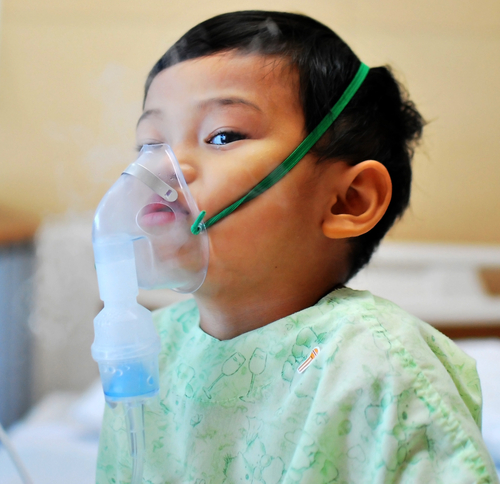 Results from a large-scale study from the University of Copenhagen revealed premature babies have a higher risk of developing asthma, but are also likely to grow out of it.
Results from a large-scale study from the University of Copenhagen revealed premature babies have a higher risk of developing asthma, but are also likely to grow out of it.
“The study confirms that those born prematurely are more likely to suffer astmathic symptoms and lung conditions than other children. However, the good news is that they grow out of these conditions. We have looked at premature babies from birth and until the age of about 30, and we can see that the children do better and better. As adults they suffer no more lung conditions than others,” said Anne Louise de Barros Damgaard, a clinician and one of the study’s lead researchers.
In a study titled “Prematurity and Prescription Asthma Medication from Childhood to Young Adulthood: A Danish National Cohort Study,“ recently published in the journal PLOS ONE, researchers examined a large patient database, spanning from 1980 until 2009, for elements such as birth and health characteristics of 1,790,241 individuals. The researchers then drew comparisons in terms of health problems between people that were born before the 37th gestation week versus people that were born within the normal period.
[adrotate group=”3″]
“By international standards, this is a very large volume of data and is only possible because of the very detailed databases we have in Denmark. We have looked at prescriptions for asthma medicine handed in during a specific period to identify probable asthmatics. We have then compared the group of asthmatics with the rest of the population, and the conclusion is clear: Children born prematurely account for a very high proportion of the small children with asthmatic symptoms, but as they grow older, the trend becomes less pronounced,” said Theis Lange, an associate professor at the Section of Biostatistics at the Faculty of Health and Medical Sciences.
The findings showed that those who were born prematurely grew out of their childhood asthma. These findings are particularly relevant today, as the rates of premature births have been increasing, not just in Denmark, but worldwide, making understanding premature babies’ health at birth and in later life a critical area of research.
“There are a lot of half stories, myths even, about the health implications of prematurity, and they can be a source of worry for parents of premature babies. It is therefore good to know that as adults premature babies are no more susceptible to lung conditions than other people,” said Theis Lange in the news release.

